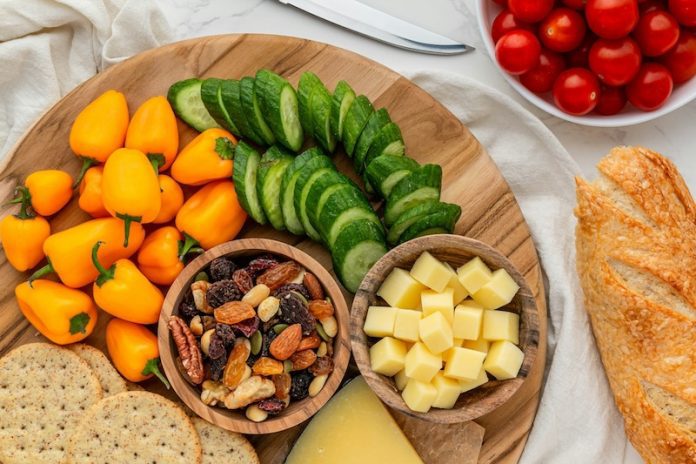
Inflammation in the body is like a silent alarm system, signaling that something is not right.
While it’s a natural and vital part of healing—think of the swelling and redness that comes with a cut or scrape—chronic inflammation can lead to serious health issues, including heart disease, diabetes, and arthritis.
The good news is that what we put on our plates can play a big role in cooling down this inflammation.
This article dives into the delicious world of anti-inflammatory foods, backed by research, to show how eating right can be a simple and tasty way to improve your health.
First off, it’s important to understand that not all inflammation is bad. It’s the body’s way of protecting itself from injury or illness.
But when inflammation becomes chronic, it’s like the body’s defense system is always on, which can lead to damaged cells and contribute to disease.
The causes of chronic inflammation are many, including stress, lack of exercise, and exposure to toxins. However, one of the most influential factors is diet.
Research has consistently shown that certain foods can provoke inflammation, such as sugary drinks, processed meats, and refined carbs.
On the flip side, a diet rich in whole, nutrient-dense foods can help reduce inflammation. This is where the magic of anti-inflammatory foods comes in.
So, what’s on the menu for fighting inflammation? A lot of delicious and healthful options:
Fruits and Vegetables: These are the superheroes of any anti-inflammatory diet. Berries, in particular, are packed with antioxidants and vitamins that can fight inflammation.
Think strawberries, blueberries, and blackberries. Leafy greens like spinach and kale are also excellent choices, thanks to their high levels of vitamins and minerals.
Healthy Fats: Not all fats are created equal. Omega-3 fatty acids, found in fatty fish like salmon, mackerel, and sardines, are known for their anti-inflammatory properties. Avocados and olive oil are other great sources of healthy fats that can help reduce inflammation.
Nuts and Seeds: Almonds, walnuts, chia seeds, and flaxseeds are not only tasty but also packed with anti-inflammatory omega-3s and antioxidants.
Whole Grains: Ditching refined grains in favor of whole grains like oats, brown rice, and quinoa can help keep inflammation in check. These grains are high in fiber, which has been linked to lower inflammation levels.
Spices and Herbs: Turmeric and ginger are two powerful anti-inflammatory spices, thanks to compounds like curcumin in turmeric and gingerol in ginger. Not only do they add a flavor punch to meals, but they also offer significant health benefits.
Research supports the anti-inflammatory benefits of these foods. For example, studies have found that diets rich in fruits, vegetables, and omega-3 fatty acids can lower levels of inflammatory markers in the blood.
Another study highlighted that curcumin, the active ingredient in turmeric, is comparably effective to some anti-inflammatory drugs, without the side effects.
Incorporating these foods into your diet doesn’t have to be complicated. It can be as simple as adding berries to your breakfast cereal, choosing fish for dinner twice a week, or snacking on a handful of nuts instead of processed foods.
Over time, these small changes can make a big difference in reducing inflammation and improving your overall health.
In summary, eating a diet rich in anti-inflammatory foods is not just about reducing inflammation; it’s a pathway to a healthier, more vibrant life.
By choosing foods that heal rather than harm, you can enjoy delicious meals while giving your body the nutrients it needs to fight inflammation and protect against disease. It’s a win-win situation for your taste buds and your health.
Follow us on Twitter for more articles about this topic.
Copyright © 2024 Scientific Diet. All rights reserved.








